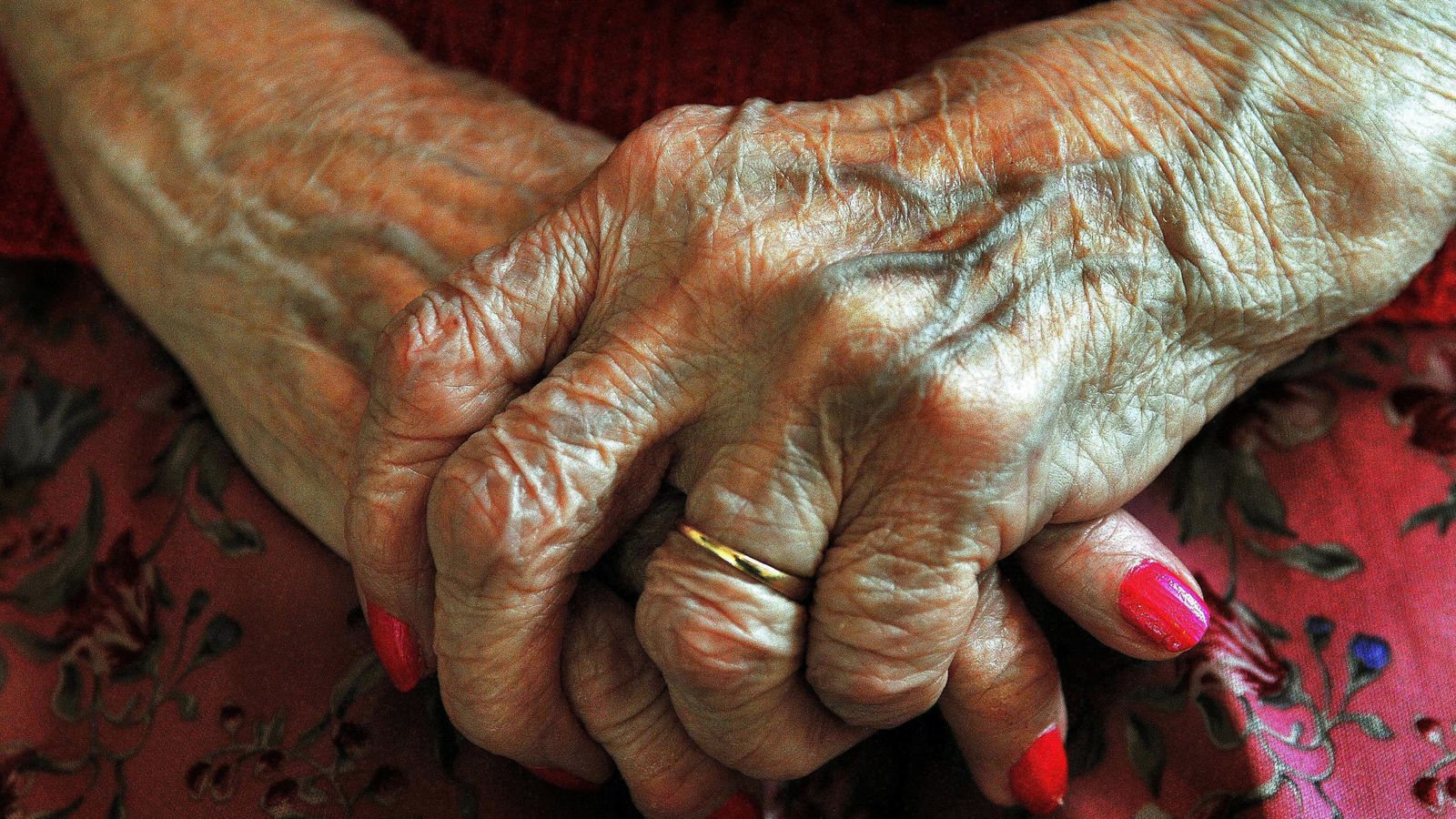Alzheimer’s Research UK and the Alzheimer’s Society have launched a £5m project aiming to bring simple tests to the NHS, with the hope of speeding up diagnosis.
Blood tests which help detect Alzheimer’s could be made available on the NHS within five years as charities join forces for a £5m project.
Diagnosing the condition is often difficult and relies on drawing a sample of spinal fluid from the lower back – a process known as a lumbar puncture – or brain imaging.
Many can face long waits to be seen, with less than two-thirds of people in England with dementia having a formal diagnosis.
In the hope of speeding up diagnosis and reaching more people, Alzheimer’s Research UK and the Alzheimer’s Society are working with the National Institute for Health and Care Research to bring blood tests to the NHS.
Dr Susan Kohlhaas, executive director of research and partnerships at Alzheimer’s Research UK, said they “expect more people to be coming forward for diagnosis”.
More will come forward at a younger age, she added, and she expects them to have “less obvious symptoms”.
“We need better, more scalable tests that are also accurate, and compare to current gold-standard methods,” she said.
New tests for detecting the signs of Alzheimer’s are in the research stages, including those looking for specific proteins that occur before dementia symptoms, while pharmaceutical giants Roche and Eli Lilly have also joined forces to develop a blood test.
Some tests are already available in private clinics in Hong Kong and the US, but UK charities said more work is needed to ensure tests were measuring the right combination of biomarkers.
‘New era’ of treatment only possible with better tests
With medicines like donanemab and lecanemab found to slow cognitive decline, the need for blood tests to diagnose Alzheimer’s – so people can benefit from treatment while it’s effective – has become more pressing.
Both these drugs are set to be assessed for use in the UK.
“We’re sitting on the cusp of a new era of dementia treatments,” Dr Kohlhaas explained. “But the NHS doesn’t possess the required levels of diagnostic infrastructure to cope with this growing demand.”
“Currently, only 2% of people are offered advanced diagnostic tests like PET scans and lumbar punctures,” Dr Kohlhaas added.
“Significant investment is needed to ensure the NHS has the right tools to identify people with dementia much earlier than it is currently able to.”
Read more:
1.7 million in England and Wales could have dementia by 2040
How high-tech socks could protect people with dementia
The new project, called the Blood Biomarker Challenge, will work with researchers to pilot new blood tests in the NHS.
There is no suggestion that the tests could be used for mass population testing.
But Fiona Carragher, director of research and influencing at the Alzheimer’s Society, said introducing a blood test for dementia into UK healthcare systems would be “a truly game-changing win in the fight against this devastating disease”.
Dementia affects around 900,000 people in the UK and experts predict that will rise to 1.7 million people by 2040.

Sarah Carter is a health and wellness expert residing in the UK. With a background in healthcare, she offers evidence-based advice on fitness, nutrition, and mental well-being, promoting healthier living for readers.








